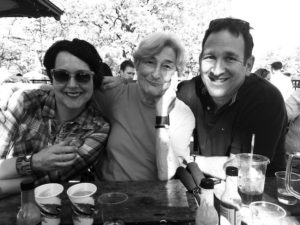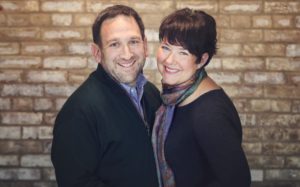I don’t know the first time I heard the expression “Hope isn’t a strategy” but I have certainly quoted it a number of times over the years. Usually it is something I’ve said to a client or a campaign I was advising as a way to make the case that we needed a plan or a more focused set of goals, priorities and tactics. It would usually engender a laugh and was a good way to provoke discussion.
Last week though, I found myself saying the exact opposite. I was talking to some fellow cancer-caregivers and we were all discussing how scared, anxious and overwhelmed we were by the current situation. Now not only do our spouses/partners have cancer but they are also at heightened risk of getting Covid-19 and while that is scary for everyone it is especially frightening for those who already have severely compromised immune systems.
So we talked about our fears and all the plans in our lives that have changed. The fear of even stepping into a store because it might result in infection and god-forbid an even earlier death of our loved one. The “bucket-list” trips that people are cancelling without knowing if they will ever get to take them. The sadness and loneliness of not being able to accompany our partners to the doctor. How do you process all of this? How do you not have it overwhelm you?
That’s when I found myself saying: “Maybe hope is a strategy.” It immediately rang true because for me and others in this situation it is actually the only thing we have. Cassie was feeling awful the other day (almost couldn’t get out of bed) and really the only thing I could do was hope that she would feel better the next day. I hope all of the time that new medicines will be discovered. I hope that we have more time together. I’m encouraging us to make future plans and hope we can follow-through on them. I hope that I won’t wake up crushingly sad, or if I do, that I can hopefully find something that day to put a smile on my face.
And now, in the middle of this new scary pandemic, I am finding that for me hope is more important than ever. There is so much fear, so much I am angry about. So many injustices and so many unknowns. The only way I can handle it all is through the hope of better days ahead. Hope that we will learn from this and act accordingly. Hope that suffering will be less than predicted.
So I guess hope can be a strategy and I’m embracing it as I face both cancer and Coronavirus.

